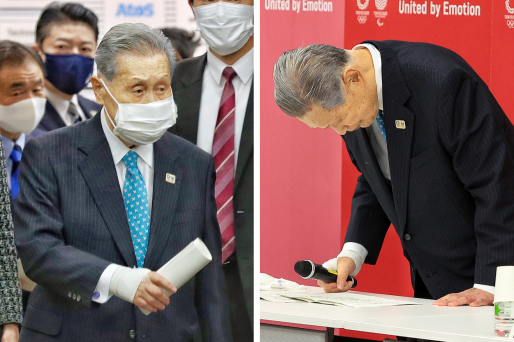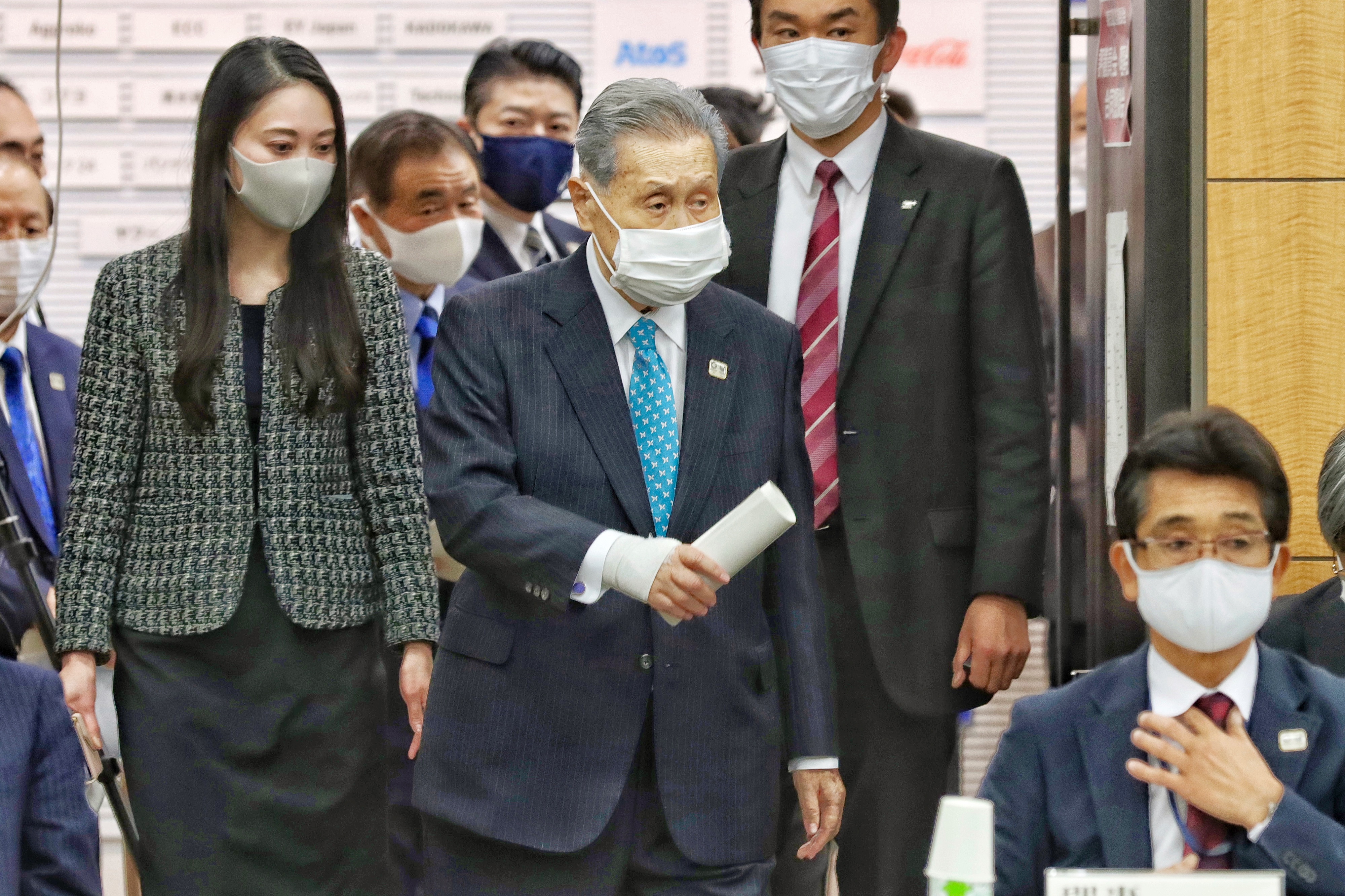The Tokyo Olympics Chief Has Finally Resigned After He Said Women Talk Too Much In Meetings
Yoshiro Mori, who is also a former prime minister, has resigned more than a week after he faced widespread criticism for saying women can’t stop talking in meetings.

Yoshiro Mori, the head of the Tokyo Organizing Committee of the Olympic and Paralympic Games and Japan’s former prime minister, has resigned more than a week after he faced widespread criticism for saying women can’t stop talking in meetings.
“Somebody told me that if we increase the number of women (on the board), we have to also restrict their speaking time to an extent. Otherwise, they’ll never stop, which is problematic,” the 83-year-old said at a Japanese Olympic Committee meeting on Wednesday Feb. 4.
His comments immediately triggered public outrage, with calls for him to resign.
He retracted the comments a day later but added he did not intend to step down.
On Friday Feb. 12, Mori announced he is resigning. “What is important is to hold the Olympics from July. It must not be the case that my presence becomes an obstacle to that,” he said.
He apologized for his “inappropriate statement” but said he felt he had been misinterpreted. “I didn’t mean it in that way,” he said. “I have been praising women, promoting them to speak out more.”

He also said he felt he had faced unfair criticism due to his age, the New York Times reported, saying that “Old people are also doing well for the sake of Japan and the world. I feel extremely unhappy that older people are said to be bad. But it may go nowhere if I complain.”
A successor has not been announced. Early reports indicated Mori had chosen 84-year-old Saburo Kawabuchi, the former president of the governing body of Japanese soccer, to replace him.
Kawabuchi said on Thursday that Mori had contacted him and he would accept the job if it were offered, AP reported.
However, on Friday, local media reported he would not be taking the post.
In 2019, the Olympic Committee set a goal of raising the number of women on the board of directors to 40%. Currently, only five out of 24 members are women, approximately 20%.





